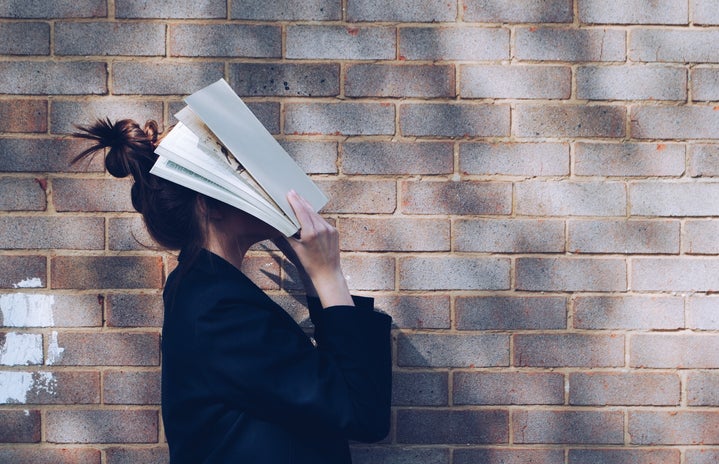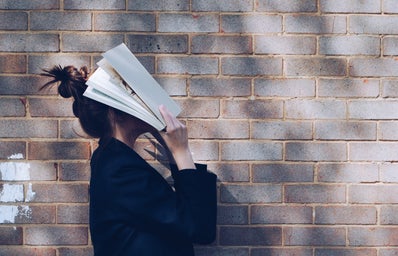Much like the rest of the world, the coronavirus pandemic has ravaged my life—specifically my mental wellbeing. Since I started working and attending school from home, I constantly struggle with creating separation in my life. Before the pandemic, my brain understood that if I was in class or the library, it was studying time. If I was at my work office, it was work time. If I were at my apartment, it was downtime and I could relax. Now, every aspect of my life blurs together, and I find it more difficult to accomplish my tasks throughout the day.
Like most people, my sense of self-worth is oriented around my productivity, so my inability to get work done quickly has put me in this cycle of self-deprecation. Every morning, I feel so overwhelmed by my responsibilities and upcoming due dates that I don’t know which task, to begin with. What I end up with is extreme guilt every night as I get ready for bed because I feel as if I have accomplished nothing all day. And this cycle repeats every day.
Basic self-care like going for a walk on a beautiful day or hanging out with my roommates has started to feel like a luxury that I don’t deserve because I haven’t earned it. And that brings me to these questions. Since when did we have to earn the right to self-care? Why is our sense of self-worth dependent on how much work we can get done? And how do we break out of this cycle? In my quest to answer these questions and salvage my mental health, I come across ‘productivity culture.’
Productivity culture refers to the ways in which our society is obsessed with work and how that fixation has spilled over from our work lives to leisure. There is this pressure to constantly stay busy and improve ourselves, whether it’s volunteering, learning a new skill or picking up a new hobby. Bonus points if that new skill or hobby is profitable in some way. Research shows that Americans associate busyness as a positive status symbol because we identify it with competency and high levels of success.
We not only judge other people based on their ‘busyness,’ but we also reflect that inward and judge ourselves. We feel accomplished and worthy when we accomplish something. This is problematic because productivity culture is not sustainable in the long term. By trying to remain productive, we sacrifice our sleep, our diet and our mental and physical health. Over time, it leads to burnout and chronic stress. But productivity culture only promotes relaxation and self-care as a reward, so you have to work to earn it.
So how do you prevent productivity culture from controlling your life? I ask myself this question every day, and every day, I still struggle to find an answer. These are a few tips I try to implement in hopes of reclaiming control of my life.
- Prioritize Relationships
-
Whether it’s getting coffee with my roommate or FaceTiming my mom, I try to sneak some human interactions into my life. This gives me a break from drowning in my own thoughts and helps me maintain my relationships with my loved ones.
- Make Realistic To-Do Lists
-
To-do lists are great! They help organize your daily responsibilities—not to mention the satisfaction of crossing off a task. The problem is that the list is often too long, and crossing off everything is highly unattainable. Looking at an incomplete to-do list at the end of the day is guilt-inducing. To avoid this feeling, I start my day off with a realistic to-do list and try not to exceed four tasks.
- Set Boundaries
-
The pandemic has confined our entire lived to our homes, and all our work is done through a screen. The lack of separation makes it difficult to step away from the computer and relax because there is always more work to be done. I find that setting time cut-off is essential to maintaining my mental wellbeing. For example, I try my best to stop doing work on my computer at 8 p.m. every night. Additionally, I reserve time slots on specific days for me to do schoolwork for specific classes. This creates some semblance of routine in my day-to-day life.
- Go Outside
-
Being confined inside my house can feel suffocating, so I try to go outside at least once a day. It can be as simple as a 15-minute walk or running a quick errand, but that sunlight exposure is so much more impactful than you’d expect.
Be kind to yourself!



